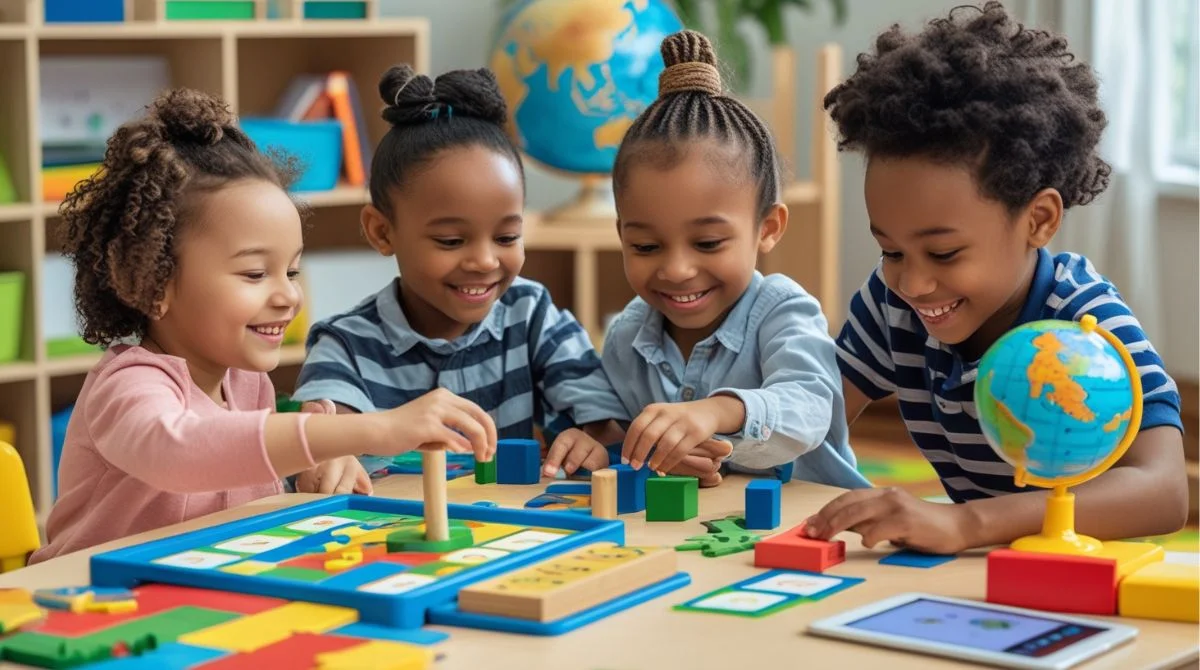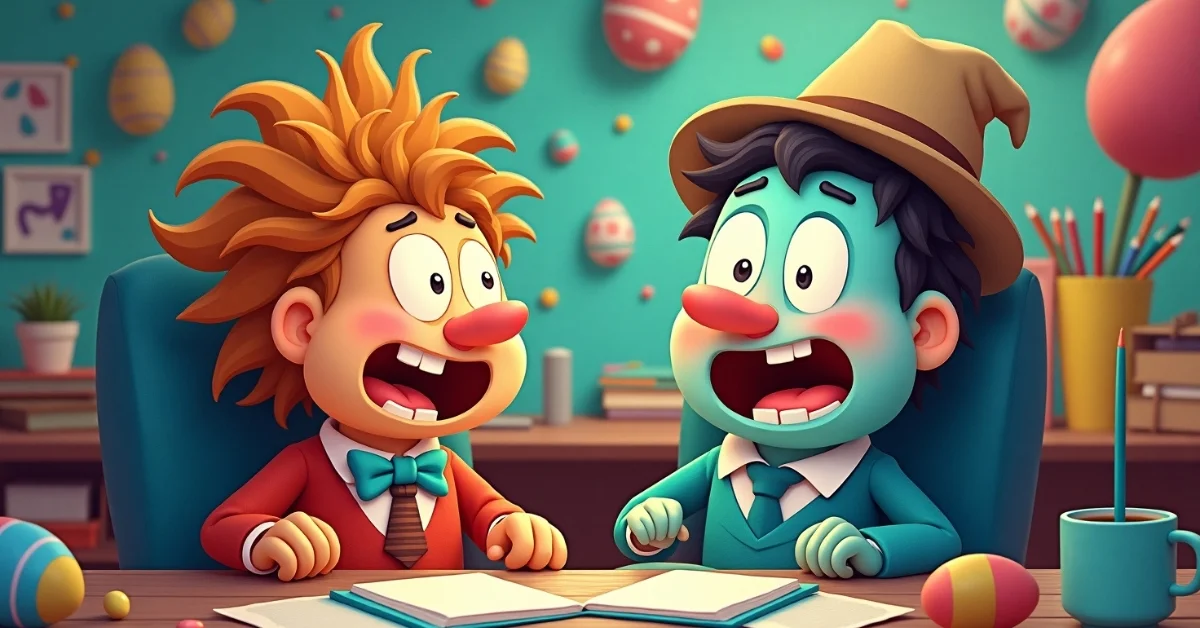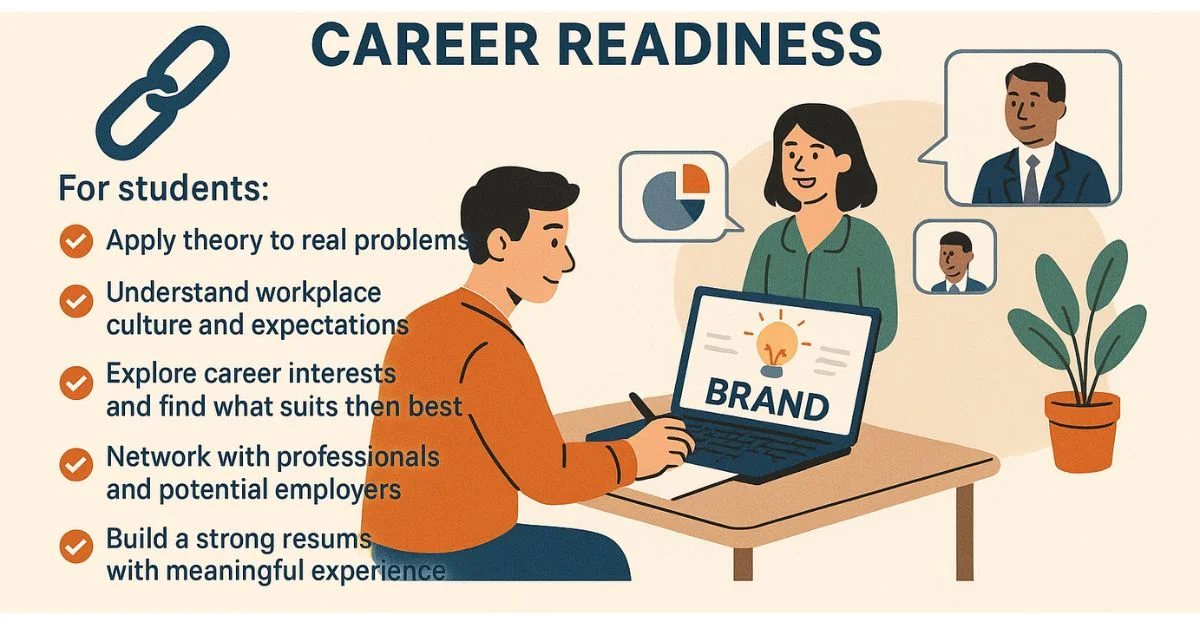Table of Contents
- What Are Educational Games?
- Why Are Educational Games Important?
- Types of Educational Games
- Benefits of Educational Games
- Educational Games for Different Age Groups:
- How to Choose the Right Educational Games?
- The Role of Parents and Teachers:
- Challenges and How to Overcome Them?
- The Future of Educational Games:
- Conclusion
Educational Games Learning doesn’t always have to be boring. In today’s world, where children are surrounded by technology, educational games have become a fun and effective way to help them learn. These games are designed to teach different skills while keeping children entertained. They mix fun with learning and make studying enjoyable. Whether it’s math, science, reading or even soft skills like problem-solving and teamwork, educational games offer a wide range of benefits for children of all ages.
What Are Educational Games?
Educational games are games made with the purpose of helping people learn. These games are not just for kids; adults can use them too. But most of the time, we hear about them in the context of helping children learn more engagingly. These games can be played on phones, tablets, computers, or even in real-life setups like board games and card games. The idea is simple: learn something while having fun.
Some popular educational games include puzzles, quiz games, spelling games, and number games. Many of these games focus on school subjects, like math or grammar. Others focus on brain skills, such as memory, attention, and logic. No matter what the focus is, they all help children learn in a way that feels more like play than work.
Why Are Educational Games Important?
Educational games are important because they make learning easier and more fun. Kids often don’t even realize they are learning because they are having such a good time. Here are some key reasons why these games matter:
- Increased Engagement: Children stay focused longer when they enjoy what they are doing.
- Active Participation: Unlike passive learning, games require the player to be active.
- Instant Feedback: Most games show right away if the answer is correct or not, which helps kids learn faster.
Motivation: The reward system in games (like points, levels, and badges) keeps kids motivated.
Games encourage curiosity and make children want to learn more. For example, a game that teaches about animals may lead a child to read more books about them. This natural interest and joy in learning can last a lifetime.
Types of Educational Games
Educational games come in many types. Each type helps develop different skills and suits different age groups. Here are some common types:
1. Math Games
These games help children learn numbers, shapes, and calculations. Examples include counting games, puzzles, and problem-solving games. They help improve math skills in a fun and stress-free way.
2. Language Games
These include spelling games, grammar games, and vocabulary builders. They help children improve reading and writing skills while playing fun word-based games.
3. Science Games
Science games help children understand the world around them. They might teach about plants, animals, the human body, or even space. They make science exciting and easier to understand.
4. Memory and Logic Games
These games challenge the brain. They include puzzles, matching games, and thinking games. They help build focus, memory, and problem-solving skills.
5. Social and Emotional Games
These are games that teach children how to deal with emotions, work in teams, and understand others. These soft skills are very important in real life.
6. Real-Life Simulation Games
These games teach practical life skills like money management, cooking, or running a business. They often use pretend play or simulations to help children understand how the world works.
Benefits of Educational Games
There are many reasons why parents and teachers love educational games. Some of the top benefits include:
- Better Learning Outcomes: When children enjoy the learning process, they remember things more easily.
- Safe Environment for Failure: Games allow children to try, fail, and try again without feeling embarrassed.
- Improved Technology Skills: Many educational games are digital and help children become comfortable using devices.
- Customized Learning: Games often adjust to the child’s level, which means each player can learn at their own pace.
Besides helping with school subjects, games also help with emotional development and social behavior. Children learn to be patient, think critically, and collaborate with others. These are essential skills for success in school and life.
Educational Games for Different Age Groups:
1. For Preschoolers (Ages 3-5)
- Simple puzzles
- Alphabet games
- Counting games
- Color and shape recognition games
2. For Early School Years (Ages 6-8)
- Basic math games
- Word games,Science exploration games
- Story-based learning apps
3. For Older Children (Ages 9-12)
- Advanced math challenges
- Grammar and vocabulary games
- Strategy and planning games
- History and geography-based games
4. For Teens (Ages 13+)
- Coding and logic games
- Business simulation games
- Critical thinking puzzles
- Language learning apps
How to Choose the Right Educational Games?
Choosing the right game can make a big difference. Here are a few tips:
- Know the Goal: Understand what skill you want the child to learn.
- Check the Age Rating: Make sure the game is suitable for the child’s age.
- Look for Reviews: Read what other parents and teachers say about the game.
- Try the Game Yourself: Play it first to see if it is useful and fun.
- Balance Fun and Learning: A good game should be both educational and entertaining.
Try not to choose a game that is too easy or too hard. The best educational games grow with the child and offer new challenges at each level.
The Role of Parents and Teachers:
Parents and teachers play a big role in making educational games effective. It’s not just about giving a child a device and letting them play. Here’s how adults can help:
- Guide the Child: Show them how to play the game and talk about what they learned.
- Set Limits: Make sure playtime is balanced with outdoor and offline activities.
- Play Together: Join the child in the game to make it more interactive and bonding.
- Follow Up: Ask questions or do a related activity after the game to reinforce learning.
Games can become part of a bigger learning plan. For example, a math game can be followed by real-life math tasks like counting money at a shop.
Challenges and How to Overcome Them?
Even though educational games are useful, they come with some challenges:
- Screen Time Concerns: Too much screen time is not good. Set clear time limits.
- Quality of Content: Not all games are well-made. Choose trusted sources.
- Addiction Risk: Kids might want to play too much. Keep a healthy balance.
- Cost: Some games can be expensive. Look for free or low-cost options that are still good.
By being aware of these issues, parents and teachers can make better choices and guide children in the right direction.
The Future of Educational Games:
As technology grows, educational games will only get better. We may see more games using virtual reality, where children can walk through history or travel through space. Artificial intelligence can help games adapt even more to each child’s needs. More schools may include games as part of their learning plans.
The future looks bright because these tools are fun, flexible, and full of learning. They make education less of a task and more of a joyful journey.
Conclusion
Educational games are a powerful way to make learning fun and effective. They help children develop skills, gain knowledge, and build confidence. When used the right way, these games can support both school success and life skills. With the right support from parents and teachers, educational games can unlock a child’s full potential and make learning something to look forward to every day. So next time you see your child playing a game, take a closer look. It might just be helping them learn more than you think.






